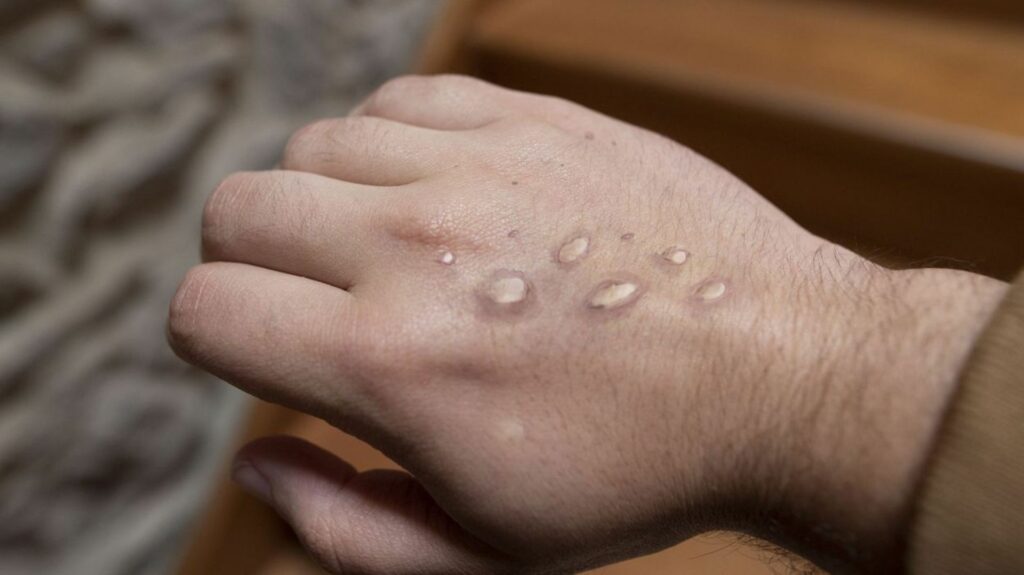A total of 52 confirmed cases of monkeypox have been registered so far, the health institute Sciensano announced. With more than 1,500 cases in the continent, Europe is the epicentre of the outbreak, and the World Health Organisation (WHO) is concerned about the further spread of the virus.
Belgium currently has 24 cases in Brussels, another 24 in Flanders and 4 in Wallonia, with all affected persons being men between 20 and 57 years. One of them was reportedly hospitalised due to isolation measures.
The WHO says Europe is the epicentre of the monkeypox virus outbreak and the organization is concerned about the risk of further spread. “More than 1,500 cases have been reported in 25 European countries, or 85% of the global number,” said WHO Europe chief executive Hans Kluge.
The disease has been around for some time in Central and West Africa but appeared in Europe a few weeks ago. In addition, infections have now been reported in Australia, North and South America and Asia. Together with the infections in Europe, this concerns about 1,600 cases.
Related News
- Monkeypox vaccine recommended for all those unvaccinated against smallpox
- 'Under the radar': Monkeypox could have been spreading for months or years
More research is needed into how the monkeypox virus spreads, said WHO staffer Catherine Smallwood. The main way of transmission seems to be prolonged skin-to-skin contact, such as during sex. Advice to people who have the virus is not to have sex at all and to use a condom after healing.
The WHO further emphasised that European countries should not stock up on smallpox vaccines en masse. This happened during the Covid-19 pandemic, when in many poorer countries people are not yet vaccinated.
The EU has already ordered more than 100,000 vaccine doses against monkeypox.

